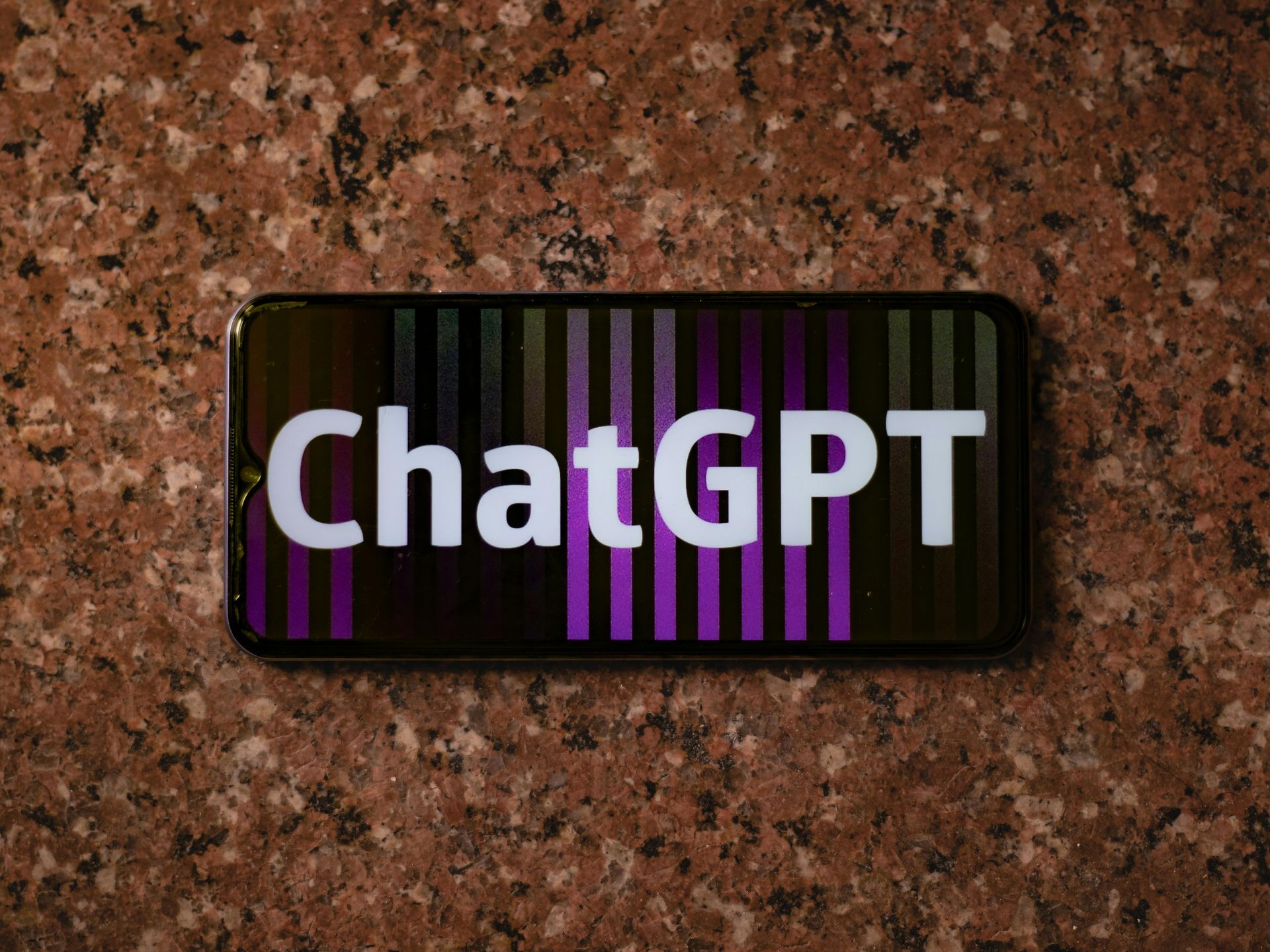What Are Google Core Updates? (And How to Recover)
As any digital marketer worth their salt will tell you, never try to predict Google. It’s an impossible task and one that is bound to end in tears. Google updates and algorithms are mysterious beasts by design (if everyone could work out the algorithm, it’d be utter chaos) and Google are no stranger to throwing a wrench in the works with an unexpected core update. The most recent update has just landed and there are always frantic questions thrown about so we want to do our best to alleviate any fears with a simple notice of what to expect and what to do if things start to go wrong. There is a decent chance that nothing is going to happen to your site outside of a few changes to some niche terms but it always pays to be informed.
What is a Google Core Update?
Google makes many different updates to their beloved algorithm every year and these can all be found here :
https://status.search.google.com/products/rGHU1u87FJnkP6W2GwMi/history. However, Google sometimes makes broader and more impactful changes to their systems which are referred to as core updates. These typically happen every 4-6 months and there is little notice provided upfront from Google. The point of the update is generally to ensure that Google is providing the best results for users and maintain a high level of relevancy across their search.
How can your site be impacted?
A core update is not certain to have any impact on your website at all but most sites should expect to see some sort of fluctuation, either positive or negative. This doesn’t mean that the update will cause long term impact and most rankings will likely equilibrate over time but it’s important to keep an eye on your rankings to ensure that any changes are identified and monitored. Most updates are rolled out over a couple of weeks so you can expect ranking instability for around a month after the initial rollout.
How can I avoid being hit?
Long story short, you can’t. Not really. Even the very best optimised sites will see the occasional impact of a Google update and we are talking about a relatively unpredictable formula, the odd random drop or spike is possible sometimes. While there is nothing you can do to ensure Google invincibility, there are certainly ways to make an abrupt drop less likely and even make the occasional post-update boost more likely.
- Human-Centric Content: In the light of AI’s rapid rise in digital spaces, Google is coming down hard on generic or ‘robotic’ sounding content. They also want content to be audience first as this means they can provide more relevant content to users. Therefore, you need to keep your content focused, avoid keyword stuffing and make it sound like a human. Avoid duplicate content and keep an eye towards what your audience is looking for.
- Swift Core Web Vitals: Fast sites = happy visitors. While often overstated in the marketing world, a fast site, or at least one that loads decently quickly, can help to ensure your site isn’t hurt by updates and ranks better. Core web vitals are a proven ranking factor so your site will need good scores anyway. While the difference between a 70 and a 90 isn’t likely to matter, the difference between 30 and a 70 certainly will.
- Quality Backlinks: Google wants its sites to be trustworthy and the best way to show your site is reliable is to secure a number of high value links from related sites in your industry or sector. Make friends with reputable websites for reliable high-quality backlinks.
- Mobile Optimization: Mobile search is continually growing and becoming more popular so your site needs to be properly optimised for mobile search in order to be a reliable site for Google to showcase in high search rankings.
Tips to Recover from Core Updates
Google encourages improving website quality if rankings drop, rather than looking for technical fixes. If your rankings drop significantly due to an update, there will be more than likely key areas you need to improve on your website in general. Here are some key areas you should consider in order to improve your site effectively and efficiently.
- Use your data : Look closely at pages that aren’t performing well. If your site is impacted by a core update, traffic is likely to drop off. Try and identify what pages are being impacted by looking at user entrances to the site. If possible, check what search terms led people to those pages and make use of Google Search Console to see which terms are suffering from reduced clicks so you know what your priority should be.
- Use Google’s advice : Compare your content to the questions Google provides on its help page. Google has a number of resources available to help you identify what is actually wrong with your site and how best to fix it.
- Publish new content : While not necessarily the best or ideal solution, posting new original and high quality content onto your site can help to replace some of those traffic drops and rectify some of your drops in your chosen niche. You can use this as an opportunity to fix any current issues with your output as well as use this new content to prop up your current content and act as an authority hub.
In conclusion, navigating Google's core updates is akin to sailing through unpredictable waters. Google's algorithms are intentionally shrouded in mystery, and core updates can bring about unexpected changes in search rankings. While you can't completely shield your website from the impact of these updates, you can take proactive steps to mitigate the potential negative effects and possibly benefit from the positive ones.
First and foremost, focus on creating human-centric content that resonates with your audience. Avoid generic or robotic-sounding content, steer clear of keyword stuffing, and prioritise relevance to your users. Additionally, prioritise swift Core Web Vitals performance to ensure your website loads quickly and provides a better user experience.
Quality backlinks from reputable websites in your industry can enhance your site's trustworthiness in Google's eyes. Furthermore, optimising your website for mobile search is crucial, given the rising popularity of mobile browsing.
In the event of a ranking drop following a core update, resist the temptation to seek quick technical fixes. Instead, delve into your website's data to identify underperforming pages and the search terms that are suffering from reduced clicks. Google's advice and resources can help pinpoint issues and suggest solutions. Consider publishing new, high-quality content to bolster your site's authority and address any existing shortcomings.
In essence, while predicting Google's every move remains elusive, staying informed and proactively adapting your digital marketing strategies can help you weather the ever-changing landscape of Google's core updates and maintain a strong online presence.




QUICK LINKS
OUR SERVICES
VAT Registration Number GB 455758354
Company number 12460236
All Rights Reserved | Overt Digital Media










